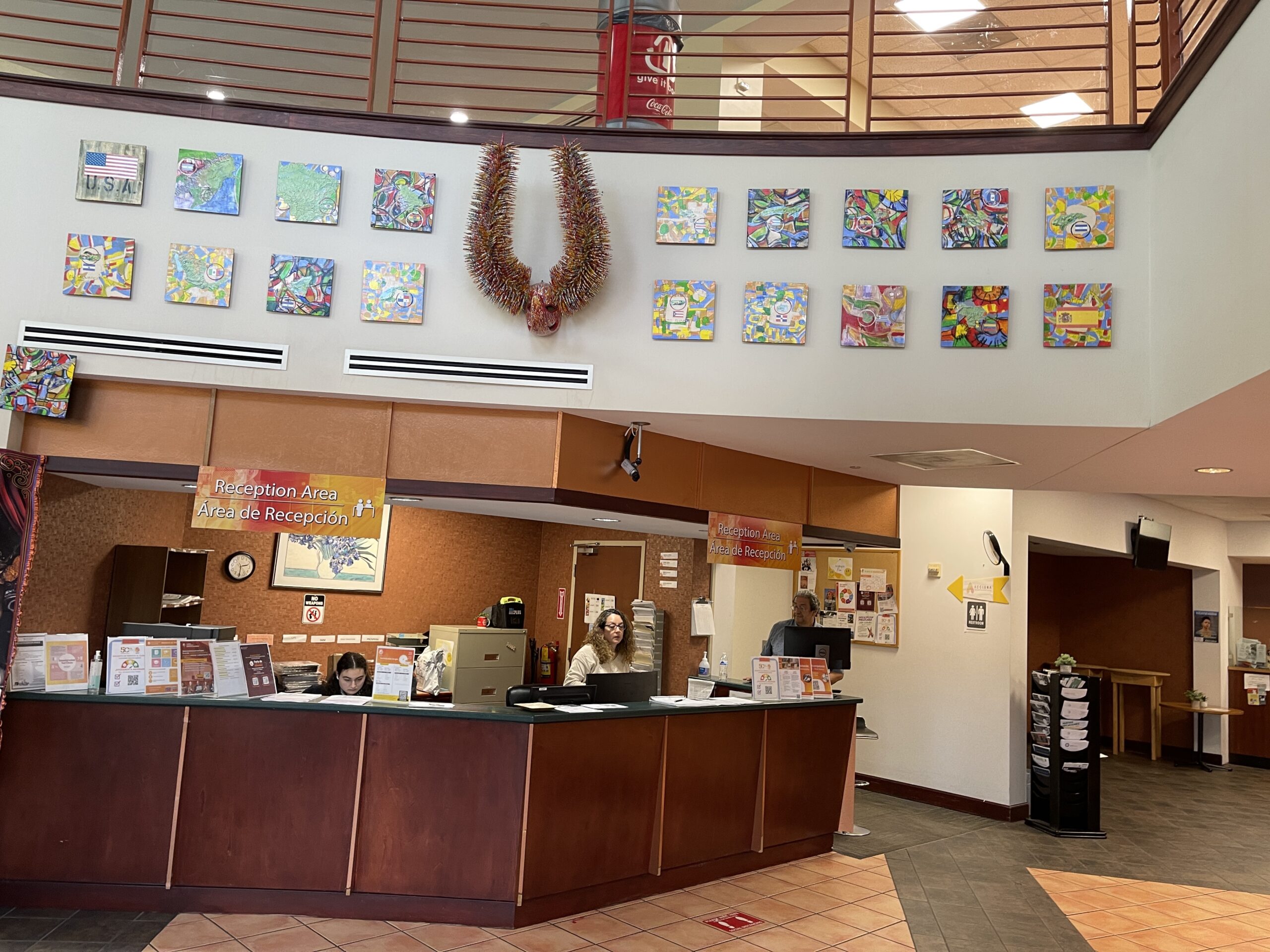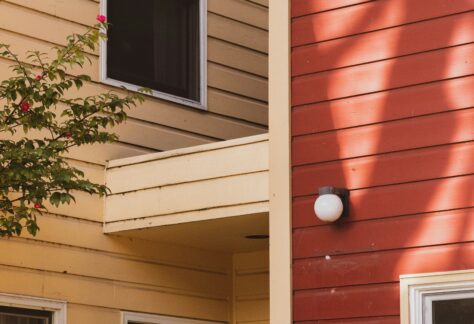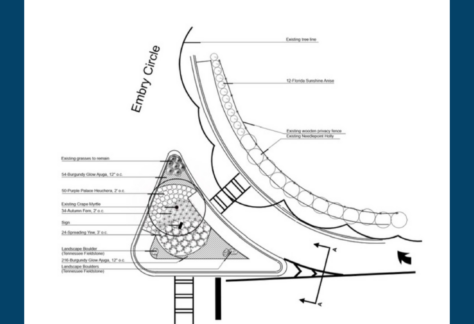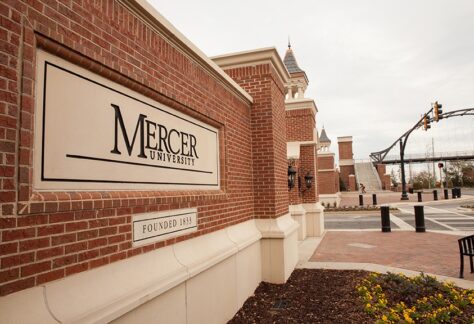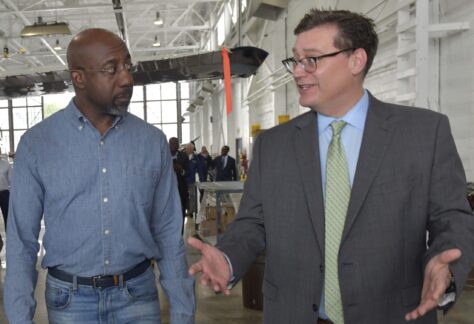Stepping into the Latin American Association’s spacious two-story atrium, visitors are greeted by an array of colorful artwork and posters glowing in the sunlight streaming through the large glass-enclosed entryway.
During a recent tour of the headquarters, LAA CEO Santigo Marquez detailed the multi-faceted approach the LAA takes to meet the needs of a population that can have challenges, including homelessness, poverty, unemployment, poor English skills and – for those without documentation – also being barred from nearly all government assistance.
“I thought after the pandemic there would be a reduction in the demand for food and other public benefits, but I was wrong,” said the genial Marquez as he guided a group of visitors around the various offices, classrooms and support spaces. “Housing is almost nonexistent for so many of our people. Wages don’t keep up; we’re seeing a lot of people using food pantries for their weekly groceries, and that’s not just among the folks we serve. To tell the truth,” said Marquez, “we’ve been in crisis mode for the last few years.”
Between the lingering effects of the COVID pandemic, an influx of immigrants flowing from the border with Mexico and a steady stream of individuals and families facing tough challenges just to eat and keep warm, Marquez said the LAA – which offers an array of services for both recent arrivals and those working toward educational and career goals – has assembled a dedicated team of workers and support network to assist some 50,000 people a year.
DeKalb County Commission Presiding Officer and District 1 Commissioner Robert Patrick said he’s proud to count the LAA as one of the important nonprofits located in north DeKalb.
“For more than 42 years the Latin American Association has served as a vital bridge for the booming Hispanic and Latino population eager to make DeKalb County and the rest of our state their home,” Patrick said. “My own district in north DeKalb is home to many Latinos, drawn to metro Atlanta to raise their families, create careers and live their dreams. The conditions to get here can be tough. I’m in awe of the tireless work the Latin American Association does to help welcome and support this essential part of our diverse population.”
The LAA does its work through the Atlanta headquarters on Buford Highway, online services and three outreach centers – two in Dalton and one in Lawrenceville. The LAA has a full-time staff of 60 employees and another 30-40 part timers with an annual budget is $4.6 million. A third comes from government sources, a third from private and corporate foundations and grants, and another third from fundraising through special events.
Food pantries, healthcare and more
The LAA supports the large population of Hispanics in DeKalb County and beyond, while also serving to educate non-Latinos about a wide array of culture and history they might not encounter otherwise, from Spanish classes to cultural events.
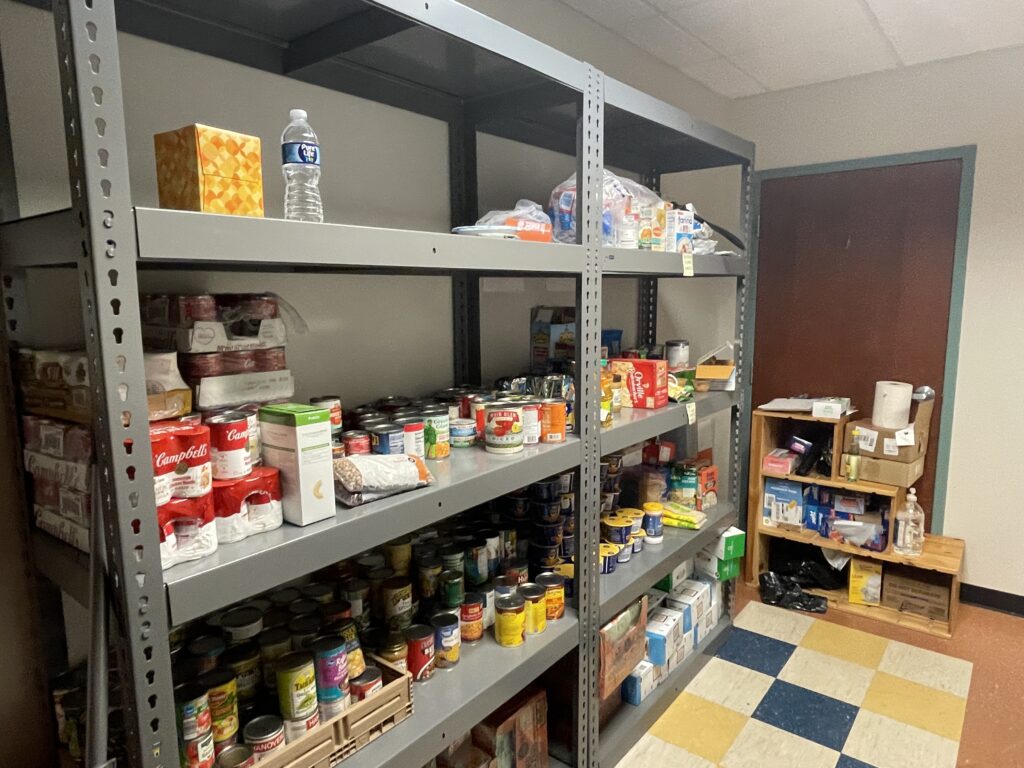
The LAA offers struggling families food pantries and assistance with clothing, housing, obtaining social services like the Supplemental Nutrition Assistance Program (SNAP) and navigating Immigration and Customs Enforcement requirements.
The association keeps a well-stocked food pantry which offers a variety of staples as well as items favored by its clientele, much of it donated by the Atlanta Community Food Bank and Hispanic food wholesaler Diaz Foods. There are also ready-packed bags of clothing and supplies of women’s personal care products, baby necessities and toys available.
The LAA partners with Grady Memorial Hospital’s nearby campus on Buford Highway for screenings and with Kaiser Permanente, which sends in a medical team every month.
But the LAA provides much more, says Marquez, including nightly English as Second Language courses (EASL), a small-business incubator and affordable office space for budding entrepreneurs, among them an insurance agency, advertising company and video production operation.
Support for victims of violence and children
The LAA also assists victims of domestic violence and those fleeing violence in their home countries, helps provide financial and housing assistance for the large number of Hispanics without housing and helps people with public assistance.
Although undocumented individuals are not eligible for SNAP benefits, Marquez said the association has been able to help some families because one or more children were born here and may receive such assistance.
“Often getting benefits to the kids is the best way to serve,” he said. “We can’t work with undocumented people, which is about 35% of the Hispanic population.”
Encouraging entrepreneurs
“We’ve got a strong Latin entrepreneur program,” said Marquez, including the Accion Business Accelerator. “U.S. Treasury Secretary Janet Yellen and U.S. Congresswomen Lucy McBath, Nikema Willams and Carolyn Bordeaux helped us celebrate its opening.”
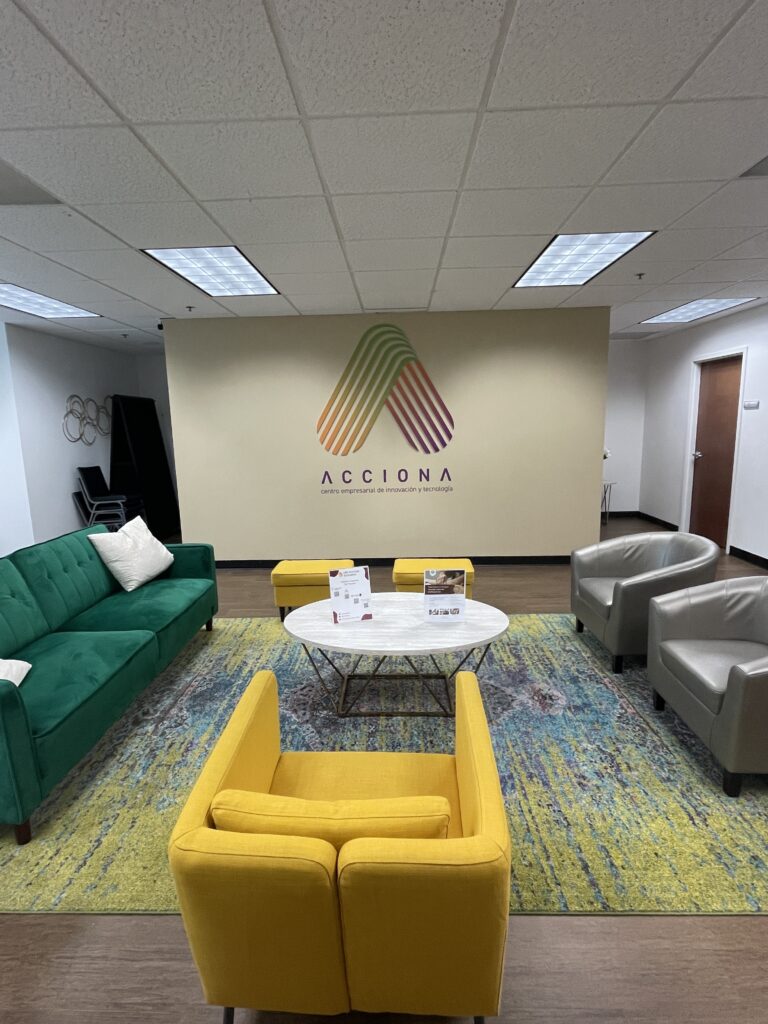
Mónica Cucalón, LAA’s Managing Director of Economic Empowerment, oversees multiple areas including workforce development, EASL, job placement, upscaling and frequent job fairs.
“In addition to the business incubator we have an Access to Capital program where we do some microlending so people can take advantage of business opportunities,” said Cucalón.
Another program focuses on developing business opportunities for women entrepreneurs in particular. “We’ve had a partnership with Coca-Cola for five years advancing our Latina Empowerment Program,” said Irma Sanchez, who oversees that initiative. “We had women come through who’ve started a construction company, real estate companies; we’re launching a crowd-funding company now,” she said.
